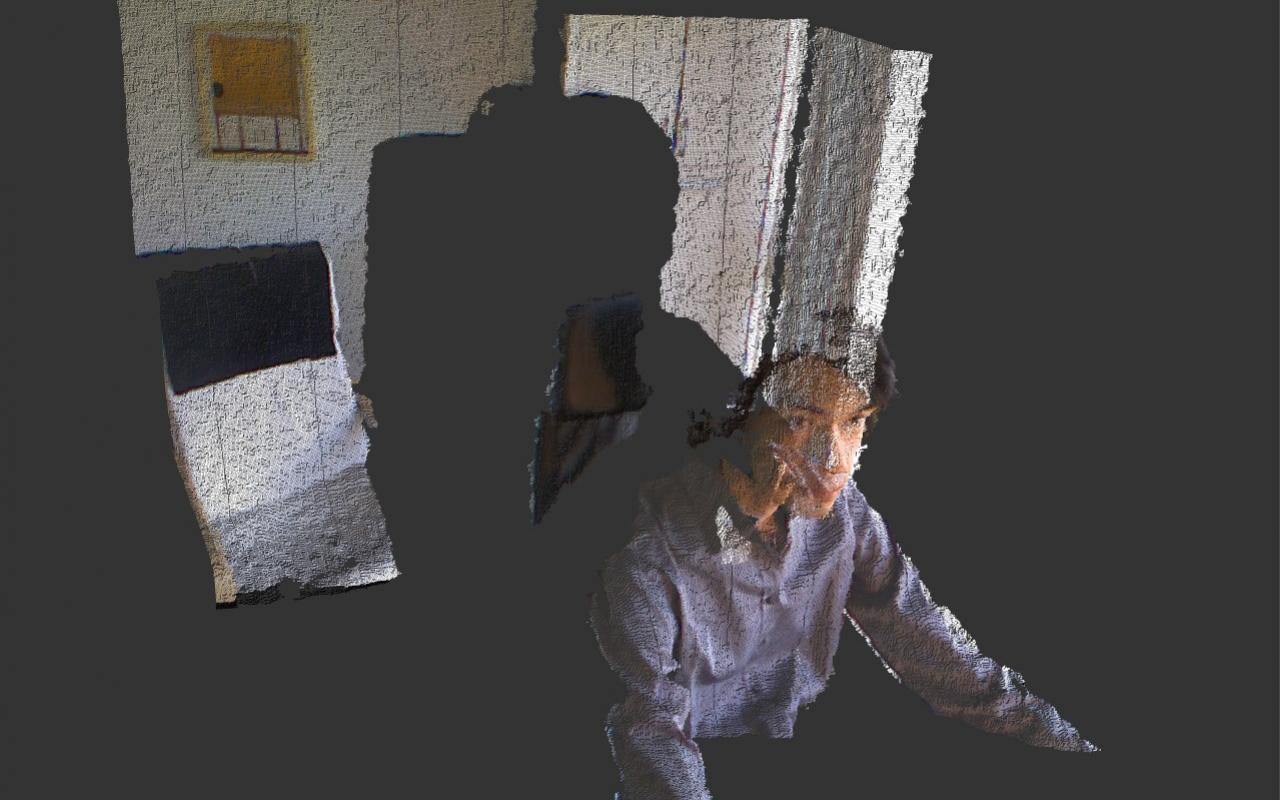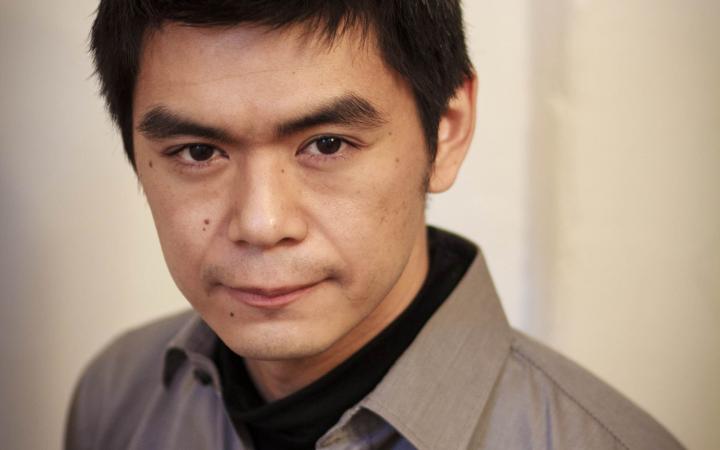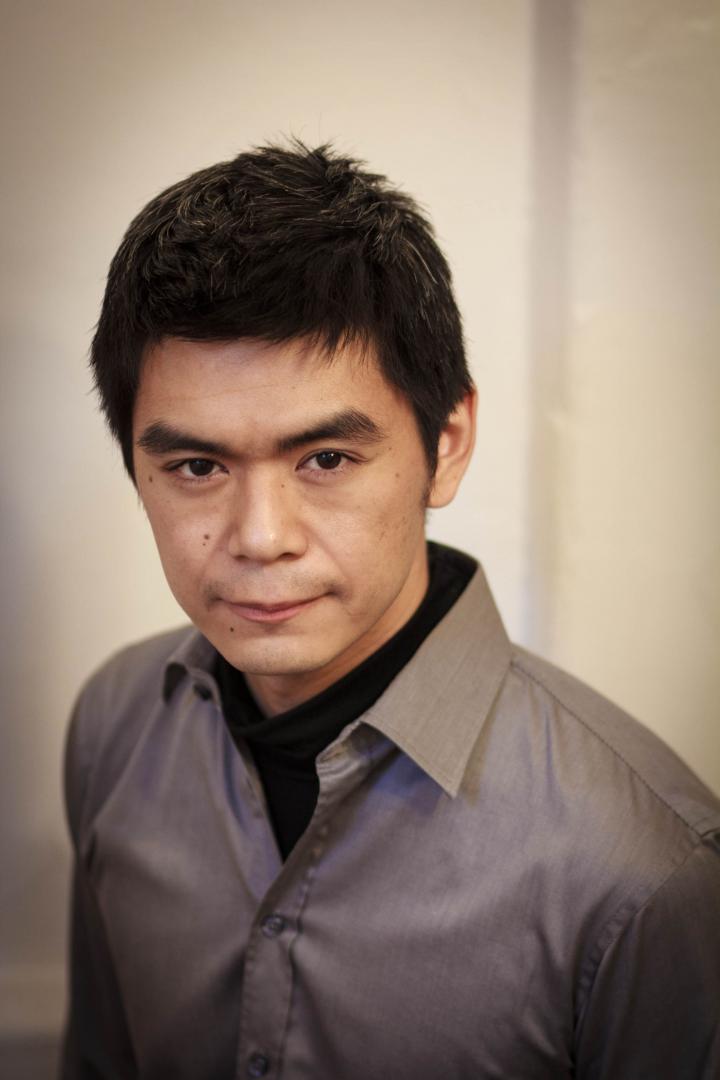Takuto Fukuda: »Simulacra«, (2019 – 2022)
for five cellists and audiovisual electronics, 34’ European premiere
- Duration
- 33:13
- Category
- Concert
- Date
- 06.05.2022
- Description
»Simulacra« is a composition for five cellists and audiovisual projections. This piece reflects Jean Baudrillard’s concept of “simulacrum” defined as a “copy without original,” and addresses the following question: what is it that engenders a sense of ‘authentic’ concert experience in the age of simulation? In his book »Liveness: Performance in a Mediatized Culture« (2011), Philip Auslander asserts that the authentic object for listeners in pop music concerts has changed from performers' actual musicianship to a simulation of recorded performances that have never existed in the real world, but were created with the extensive use of studio production techniques (e.g., lip-synced performances). Drawing on this historical transition of authenticity in concerts from actual to fictional performance, this composition presents the hybridity of corporeal performance and audiovisual imagery as a new authentic experience in a concert. The piece reflects the concept of “simulacrum” in theatrical and musical ways. Theatrical simulacra are achieved by the use of multiple visible “copies” of a single main cellist. The copies may be other performers whose identity is unidentifiable, as they wear a mask, perform off stage and perform in a virtual world created in the video projections. Musical simulacra are brought into being by the use of audible “copies” of a cello performance. This copies may be created by splicing recorded performances, using physical modeling synthesis and immersive audio projection systems. These approaches enable »Simulacra« to merge the actually existent and fictionally projected performances into an unrealistically augmented real performance.
Author: Takuto Fukuda
Fundamental to the realization of the piece is the collaboration with cellist Esther Saladin, who is scanned during her playing in order to reproduce the processed recordings in the concert space. This virtualization of the cellist's playing in Takuto Fukuda's work is realized by using Volumetric Capturing. The process makes it possible to record, edit and store scenes in their three-dimensional reality. Volumetric capturing is an elaborate process that scans the instrumentalist from all sides using a large number of sensors distributed throughout the room and reassembles this data into a complete image. The process makes it possible to change the viewing angle afterwards.
Esther Saladin is in demand as a soloist and chamber music partner of various trio formations and ensembles in the field of contemporary and classical music on the stages. She often combines music with other art forms in her productions.
Legal information
ZKM | Hertz-Lab
Ludger Brümmer (Artistic director)
Yannick Hofmann (Project manager EASTN-DC)
Dominik Kautz (Production manager & program)
Boris Neubert (volumetric capturing, Evercoast)
Bernd Lintermann (Technical support)
Jakob Schreiber (Sound engineer)
Hans Gass (Light & stage technician)
Götz Dipper (Coordinator guest artists)ZKM | Videostudio
Xenia Leidig, Lisa Michel (Camera)ZKM | Communication & Marketing
Tanja Binder (Head of ZKM | Communication & Marketing)
Samira Kaiser, Ida Kammerer, Svenja Liebig, Anouk Widmann (Homepage & Communication)
Organization / Institution
ZKM | Centre of Art and Media
Funder
The event takes place within the frame of the project EASTN-DC, co-funded by the »Creative Europe Programme« of the European Union.


